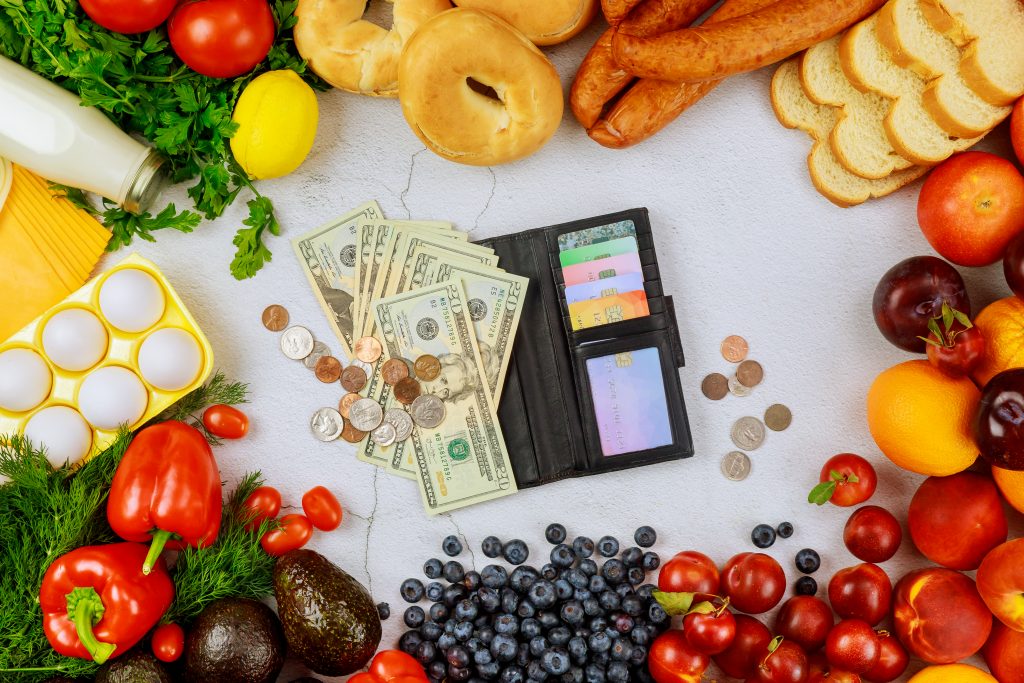Grocery shopping is a routine task for most of us, and it can be a challenge to stick to a budget while ensuring we have everything we need. With the cost of living and food rising, it’s crucial to adopt strategies that help you make the most of your grocery budget. Here are 6 tips to help you shop smartly and save money on your next trip to the store:

- Plan
Before heading to your favorite store, take some time to plan your meals for the week. This simple step can prevent you from making impulse purchases and ensure that you only buy what you need. Create a list of essential items and stick to it to avoid overspending.
- Set a Budget
Establish a realistic budget for your grocery shopping and make a commitment to stick to it. Consider allocating specific amounts for different categories such as fresh produce, pantry staples, and household essentials. Keeping track of your spending can help you identify areas where you might be overspending and make necessary adjustments. Adding up items as you are shopping can help prevent being surprised at the register!
- Price Comparison
Take advantage of the competitive market by comparing prices across different stores. Look out for special offers, discounts, and loyalty programs that can help you save money. Don’t hesitate to switch to store brands if the quality is comparable.
- Buy in Bulk
Certain non-perishable items like grains, pasta, and canned goods can be more cost-effective when purchased in bulk. Large quantities not only save money in the long run but also reduce the number of shopping trips, cutting down on transportation costs. However, be cautious and avoid bulk purchases of perishable items that may go to waste before you can use them.
- Seasonal and Local Produce
Pick seasonal fruits and vegetables which tend to be more affordable and fresh. As for local produce, buying direct from the farm is typically cheaper than purchasing the same items at the grocery store, at any time of the year.
- Avoid Impulse Buys
Retailers strategically place tempting items at eye level or near the checkout counters to encourage impulse purchases. Stay focused on your list and avoid unnecessary items that can quickly add up to your bill. Shopping with a full stomach can also help curb impulse buying tendencies.
Grocery shopping on a budget doesn’t have to be a daunting task. With careful planning, smart shopping strategies, and a bit of mindfulness, you can save money without sacrificing the quality of your meals, and your trips to the store will be more efficient too! Remember, every penny saved on groceries is a step towards achieving your financial goals.
